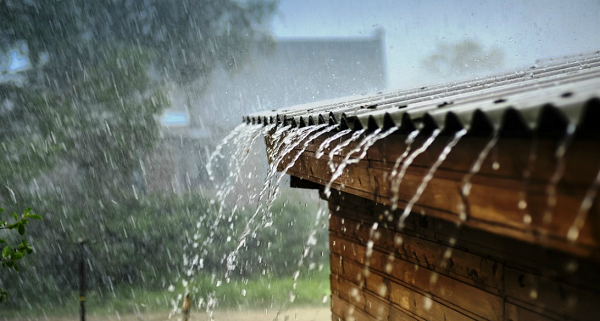Experts issue 2024 weather forecast
Scientists and meteorological experts from the Gulf of Guinea countries have released the March to June 2024 seasonal weather forecast, which indicates a higher probability of wetter conditions across most parts of the sub-region.
It also predicted late start and early ending of the rains along the southern areas of the Gulf of Guinea.
Notably, areas such as eastern Cote d’Ivoire, Ghana, Togo, Benin and western Nigeria are expected to experience late to normal starting of the rainy season this year.
For the March-April-May and April-May-June 2024 periods, the coastal part of Cote d’Ivoire, the south-western part of Ghana and the south-eastern part of Liberia are expected to experience less wetter conditions.
The special seasonal forecast for the 2024 major rainy season for the Gulf of Guinea countries was announced at the end of a five-day regional climate outlook forum in Accra, which brought together scientists from the sub-region to analyse scientific data and statistical models based on the 1991-2020 climatological baseline.
The workshop — organised by the African Centre of Meteorological Applications for Development (ACMAD), in collaboration with the Regional Climate Centre For West Africa and the Sahel (AGRHYMET), the Ghana Meteorological Agency (GMet) and some technical partners — also predicted that some parts of the regions would experience long to average dry seasons.
The forum was initiated in 2014 in response to the need for information on the climate of the sub-region to better manage climate risks such as extreme weather, hydrological and climatic disasters, including severe storms, floods, heat waves and droughts, that cause loss of life and significant socio-economic impacts that affect development and growth.
Recommendations
Presenting the outlook for the sub-region, the head of the information and research department of AGRHYMET, Dr Abdou Ali, said the possibility of heavy rainfall events could lead to localised flooding.
To reduce the risk of flood-related disasters, including the loss of human lives, property, arable land and crops; water-borne diseases and pollution of water supply systems, among others, he recommended vigilance and following updates of season forecasts disseminated by the national and meteorological hydrological services.
He also called for the strengthening of monitoring and response capacities of agencies in charge of flood monitoring, disaster risk reduction and humanitarian aid.
The possibility of rainfall deficits in Cote d’Ivoire, parts of Ghana and Liberia, he said, also called for the need to increase vigilance against crop pets such as army worm, and to promote the establishment of food stocks.
He called for the strengthening of the dissemination and communication of hydro-climatic information and to raise community awareness of risk reduction.
Representing the Minister of Communications and Digitalisation, the Director of Research Statistics and Information Management, Dr Samuel Antwi-Gyekyi, stressed the critical role of accurate and timely seasonal forecasts to various sectors, ranging from agriculture and water management to disaster preparedness.



